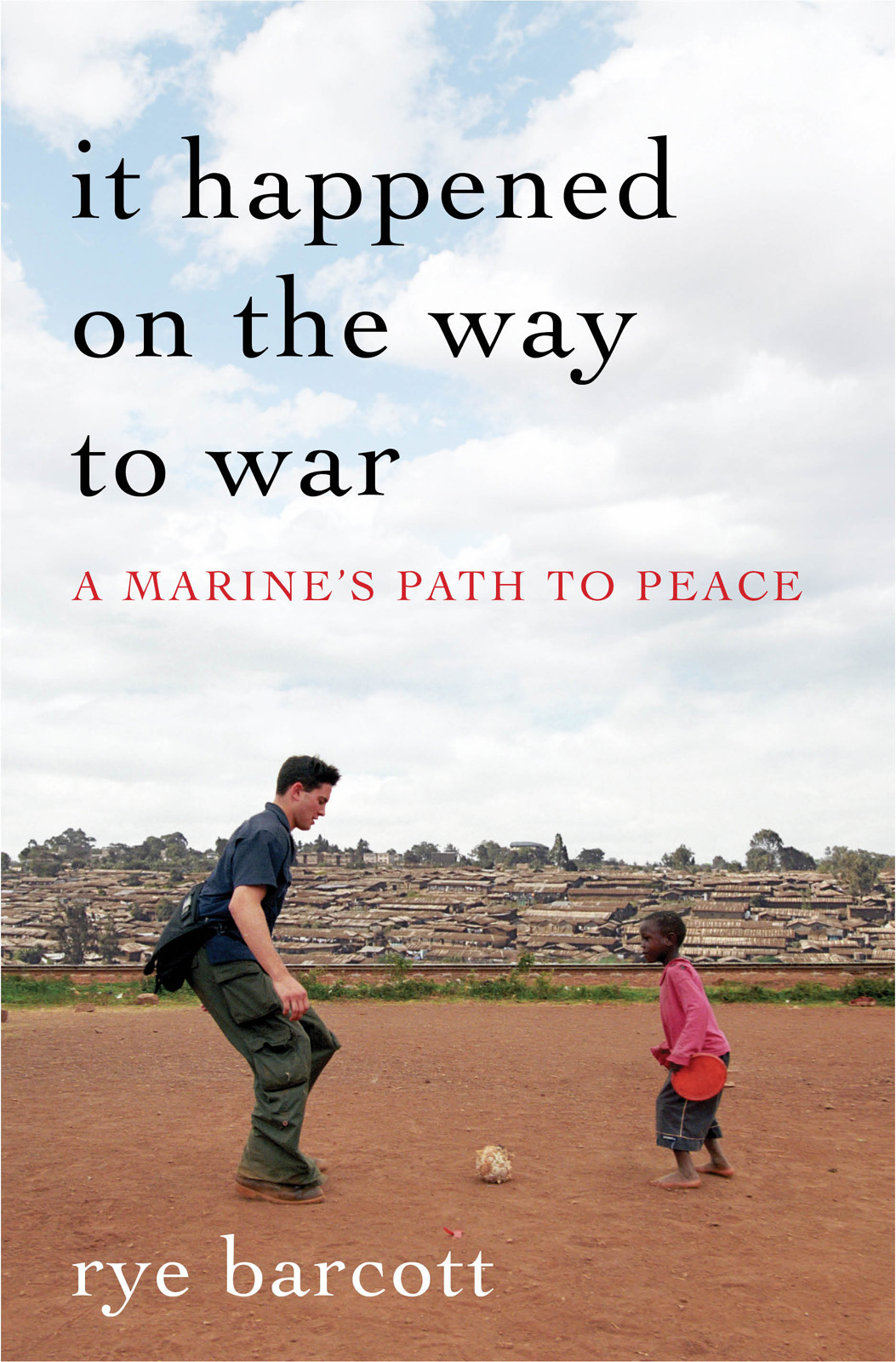
It Happened on the Way to War
A Marine's Path to Peace
فرمت کتاب
ebook
تاریخ انتشار
2011
Reading Level
5
ATOS
6.9
Interest Level
9-12(UG)
نویسنده
Rye Barcottشابک
9781608195015
کتاب های مرتبط
- اطلاعات
- نقد و بررسی
- دیدگاه کاربران
نقد و بررسی

January 10, 2011
Barcott, cofounder of the nongovernmental organization Carolina for Kibera (CFK), recounts the demands of serving as a Marine Corps officer while running a nascent nonprofit in this overwrought memoir. In 2000, as an undergraduate at the University of North Carolina, the author traveled to Kenya's notorious slum Kibera, in Nairobi, to study ethnic violence. The experience brought his "terribly privileged" background into relief, and Barcott—along with Tabitha Atieno Festo, a nurse, and Salim Mohammed, a community organizer—launched a nonprofit to ferry resources to local leaders in the hopes that they could directly promote development and prevent violence. A year later, with CFK barely launched, Barcott was commissioned as a Marine Corps officer and began an exhausting "balancing act" as he struggled to maintain oversight of CFK while deploying to Bosnia, Djibouti, and Iraq. The author's account of his military service is strained and riddled with inconsistencies: despite his desire "to lead Marines in combat," he angled for an intelligence billet; despite believing the Iraq war was "unjust,"' he volunteered to deploy. Barcott's service to Kibera and his country is laudable, but his memoir promises more insight and candor than it delivers.

January 1, 2011
Barcott's accomplishments—he's a retired Marine Corps captain and co-founder of a nonprofit organization serving Kenyan youth—provide the background for this debut memoir.
The author's father, a Vietnam veteran who won a Bronze Star and a Purple Heart, was a powerful role model for his son, and his mother, an anthropologist, was also important in shaping his worldview. When he was 14, Barcott joined his parents on a trip to Africa, which opened his eyes to the harsh reality of poverty. Five years later, he was studying Swahili at the University of North Carolina on a Marine scholarship in the hope of returning to Africa. At that time, before 9/11 and the launching of the War on Terror, Barcott expected that, as a Marine, he would be involved in humanitarian assistance and peacekeeping missions during his 8-year obligatory service. As it turned out, he was also put on active duty in Iraq. After his junior year, he received a grant to spend the summer in Kenya to research the effect of ethnic conflict on youth living in Africa's largest slum, Kibera. Living there, he shared food and lodging with his new friends. He writes movingly that he had "unique access to remarkable people," who had a strong sense of community and were struggling to survive. Eventually, Barcott decided to partner with two of the people he met there to set up a mentoring program and to establish a community health service. In 2002, the organization became Carolina for Kibera. After graduating from UNC, he became an active-duty Marine. Despite his doubts about the Iraq war, he admits to a fascination with his own destructive impulses in the heat of battle.
A thoughtful examination of the nature of service and the effects of violence on the human spirit.
(COPYRIGHT (2011) KIRKUS REVIEWS/NIELSEN BUSINESS MEDIA, INC. ALL RIGHTS RESERVED.)

November 15, 2010
Barcott did something unusual before joining the U.S. Marines; he lived in the Kibera slum of Nairobi, Kenya, trying to understand the roots of ethnic violence. There, he joined with a widowed nurse and a community organizer to form Carolina for Kibera (CFK), now a leader in the global movement called Participatory Development. And he continued working with CFK even while serving as a marine intelligence officer. Some forward thinking here; I hope this gets the attention it deserves. With a six-city tour.
Copyright 2010 Library Journal, LLC Used with permission.

























دیدگاه کاربران